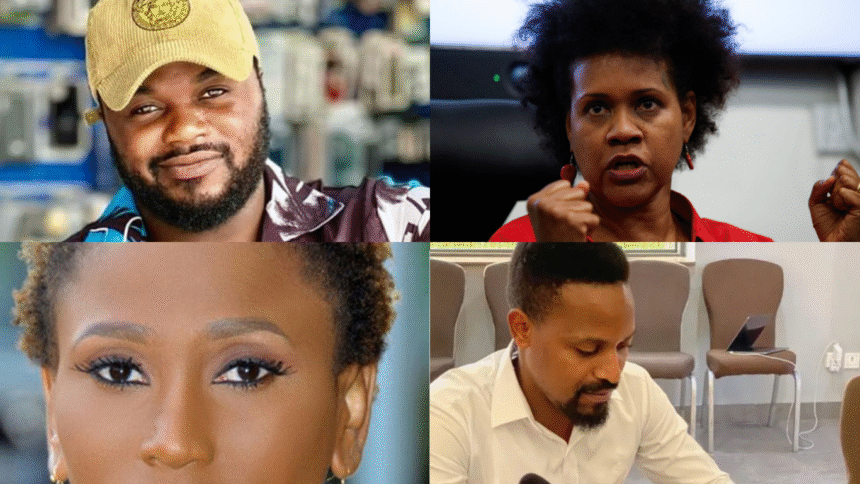In recent years, a new pattern has emerged across Africa — the convergence of foreign-funded NGOs and social-media influencers in shaping public narratives, civic movements, and political debates.
A post by a Tanzanian influencer this week drew attention to the issue after he claimed his network had received more than two million US dollars from the Ford Foundation in 2025 to “support democracy.” In the post, he credited international partners for helping activists stay online during a recent communications blackout and for “telling the truth about police atrocities.”
The statement reignited discussion about the growing role of global philanthropic foundations in domestic political spaces and the blurred lines between civil-society activism, advocacy, and influence operations.
Across the continent, thousands of NGOs rely heavily on funding from Europe and North America. Studies show that over 90 percent of Africa’s fastest-growing civil-society groups depend on international donors for growth and visibility. Supporters argue that such funding strengthens democracy and transparency, but critics warn it can distort priorities and transform civic groups into proxies for foreign agendas.
“The problem is not aid itself,” said a Nairobi-based governance analyst. “It’s the kind of influence that comes with it — who sets the tone, who decides which voices are amplified, and which issues are deemed urgent.”
Traditionally, donor money flowed through registered organizations. Today, the digital era has opened new channels: social-media influencers with large followings who can move public sentiment faster than institutions. Unlike NGOs, influencers operate with fewer legal constraints, making them attractive partners for donors seeking quick, high-visibility impact.
In Nigeria, the youth-led NGO Yiaga Africa spearheaded the “Not Too Young To Run” campaign, which successfully pushed for constitutional reform lowering the age for elective office. The movement, widely praised for mobilizing youth participation, received partial support from the US-based MacArthur Foundation.
In East and Southern Africa, networks such as Fahamu and its media arm Pambazuka News have benefited from European support to campaign for social-justice causes, including the ratification of the Maputo Protocol on women’s rights. In Senegal, TrustAfrica — initially seeded by the Ford Foundation — now funds governance and media initiatives across the continent, illustrating how donor-initiated projects can evolve into powerful regional actors.
Many African governments see this flow of money as double-edged. While it supports citizen engagement, it can also bleed into political mobilization. Over the past decade, countries such as Ethiopia, Uganda, and Tanzania have tightened NGO laws, citing fears of external interference. A 2019 Freedom House report documented the spread of such measures, reflecting what officials describe as efforts to defend sovereignty in the face of “funded activism.”
“Democracy promotion and regime-change politics often walk a very thin line,” observed a researcher at the University of Cape Town. “When foreign money fuels online protests or coordinates messaging during tense periods, it inevitably raises questions about sovereignty.”
At the heart of the debate lies an enduring question: who speaks for Africa? Foreign foundations often frame their work as empowering local voices, yet critics argue that funding channels can reproduce hierarchies of power — with local actors accountable to donors rather than communities. “When a tweet can move faster than a village meeting,” one Tanzanian analyst said, “whoever pays for the tweet controls the story.”
There is no denying that many foreign-funded initiatives have brought tangible social progress — improving education, advancing women’s rights, and strengthening media capacity. But the increasing reliance on influencer-driven activism exposes new vulnerabilities in Africa’s information space.
The Tanzanian post that triggered this debate may be isolated, yet it underscores a deeper truth: in the age of digital politics, money, messaging, and mobilization are more intertwined than ever. For governments, the challenge is to balance regulation and freedom. For African societies, it is to welcome support without surrendering the power to define their own stories.


